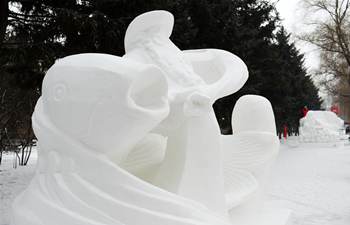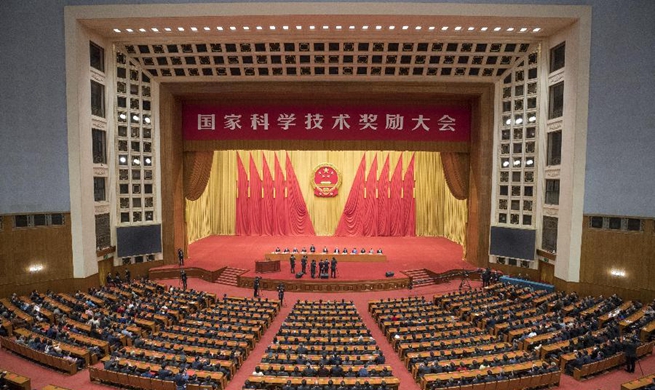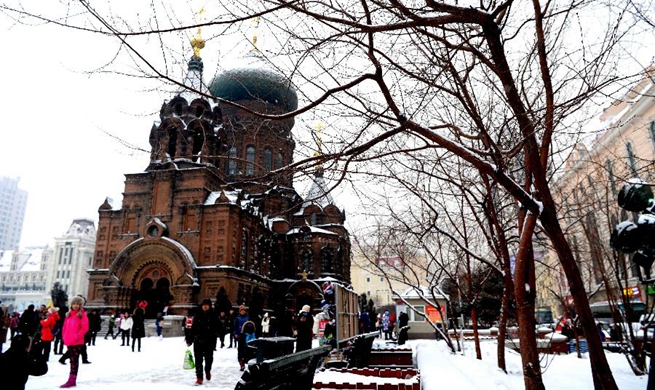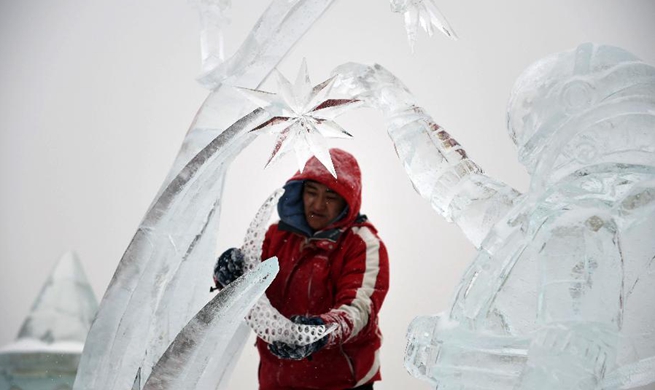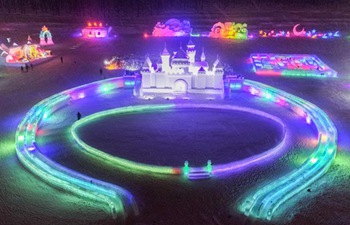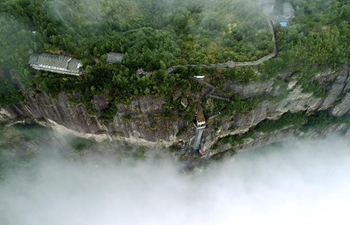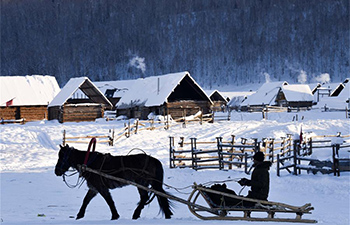HOHHOT, Jan. 8 (Xinhua) -- Archaeologists in north China's Inner Mongolia Autonomous Region have discovered the ruins of a summer palace that was owned by the imperial family of the Liao Dynasty (916-1125).
The 1,000-year-old royal palace is in a basin surrounded by mountains in Duolun County and consists of 12 building foundation ruins, according to Ge Zhiyong, a researcher with the regional institute of archaeology.
Archaeologists excavated one of the foundation ruins, which covers an area of 240 square meters. They found more than 100 building components such as tiles made of colored glaze and gray pottery, copper nails and iron building components.
"Based on these items, we estimate that the ruins date back to the mid-Liao Dynasty," said Ge.
The Liao Dynasty was founded by the nomadic Khitan and ruled the northern part of China.
Between mid April and mid July every year, the emperors brought the royal family and officials to the summer palace to avoid the summer heat.
Ge said the new discovery will help research on the customs and architecture at the time. Archeologists will conduct extensive excavation of the ruins in the future.




